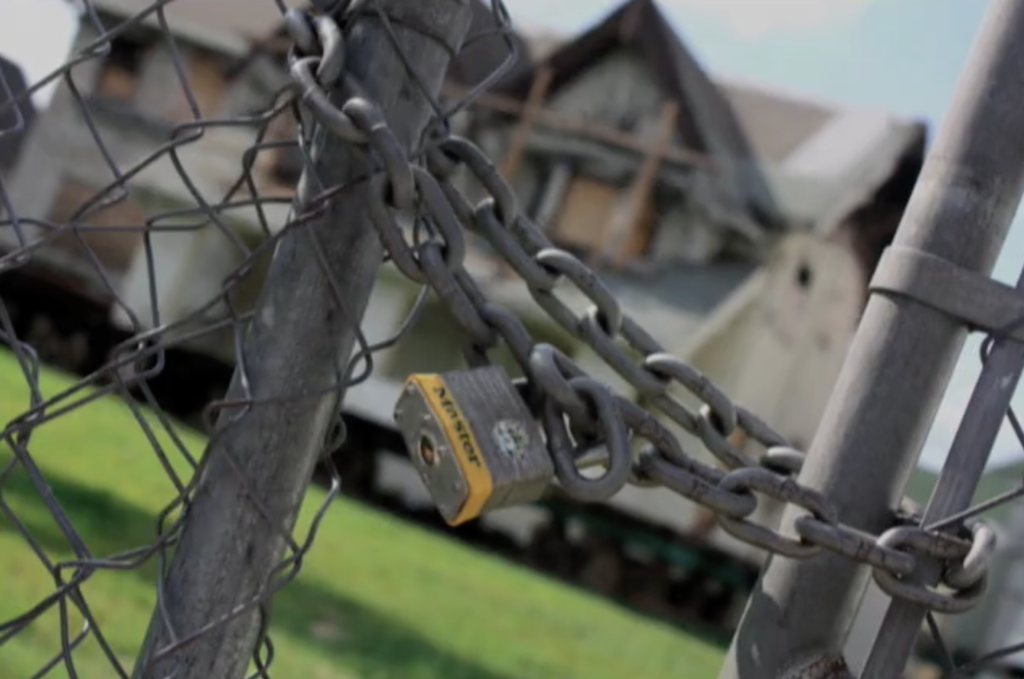“If we allow a large number to be affected and evicted, we could have a revolution on our hands,” said Maryland State Delegate Kumar Barve.
By XOCHITL HERNÁNDEZ
EL NUEVO SOL
Los Angeles—While COVID-19’s transmission has spread like wildfire, its ramifications may have even more devastating effects in the near future, according to a forum of U.S. experts and politicians organized las Friday by Ethnic Media Services via Zoom. Following the economic recession of 2008, 10 million people were displaced from their homes over the course of a few years; however, the United States is on track to far surpass that number in just four months, they said.
In the forum—titled Fallout From the Pandemic: A Tsunami of Evictions Poised to Hit the U.S.—experts and politicians express concerns of the U.S. being on the brink of a devastating housing crisis as eviction moratoriums are set to expire in August.
“If we allow a large number to be affected and evicted, we could have a revolution on our hands,” said Maryland State Delegate Kumar Barve.
The data presented at the forum provides support to Barve’s statement. Prior to the pandemic, 20.5 million families in the United States were at risk for becoming unhoused, according to data presented by Professor Emily Benfer, director of the Health Justice Clinic at Wakeforest University School of Law.
Only 25% of those 20.5 million who were eligible for financial assistance actually received it, meaning 75% who were eligible did not receive the necessary financial assistance such as housing subsidies. Therefore, between the scarcity of federal housing assistance and a loss of 4 million affordable housing units over the last decade, renters were made even more vulnerable to eviction prior to the crisis of COVID-19.
Also, in the midst this pandemic, 50 million renters have lost their jobs and 40% (or 20 million) of these renters are low-income, which makes them particularly vulnerable to losing their home. Black and Latinx communities are particularly vulnerable—61% of Latinx, 44% of Black, and 38% of White renters are at risk of becoming unhoused, according to Dr. Margot Kushel, director of the Center for Vulnerable Populations at University of California, San Francisco. She added that indigenous communities actually represent the highest disparity among the unhoused populations by registering about an eightfold increase. Very little is known about those who are non-native English or non-native Spanish speakers who may only speak their indigenous tongue. This population may not even be counted in the data, she said.
Disparities in household wealth by race are another factor that contributes to the rapid displacement of communities of color. For example, 75% of Black and Latinx and only 47% of Whites reported not having the emergency resources needed to keep their rent or housing situation stable, according to Dr. Kushel.
She highlighted the importance of considering the situation of people who are homeless but are not reported as such or counted in the statistics. Her research shows that those experiencing housing instability, eviction, or homelessness in the Latinx community will first try to do anything they can to not be in homeless shelters in order to prevent their children from being taken away. They will room with other family members where as many as 12 to 15 people can be living in one room or even a garage. While they may not be “statistically” counted as officially unhoused, these families suffer the same consequences of homelessness, such as food instability, lack of running water or other utilities, lack of cleanliness, school disruption for these children, and an increased risk in contracting COVID-19.
Due to this housing crisis and in the wake of a growing social justice climate, renters have been organizing and protesting—even forming tenant unions. But the causes of this crisis are multiple and hard to tackle. Dr. Kushel emphasized that in order to fix the homelessness issue we cannot solely target unhoused people but also target the issues that drive people to homelessness—job instability, job loss, medical bills, and forms of systemic racism such as loan “redlining,” discrimination in renting and banking, income inequality, and more.
This “tsunami” of a housing crisis is “not a natural disaster, but rather a disaster of our own making,” said Nisha Vyas, senior housing attorney at the Western Center on Law and Poverty. Eight out of ten extremely low-income renters, most of which were also people of color, use 50 to 90% of their entire income to pay rent, said Vyas. While 75% of eviction cases are solved quickly (within 45 days) tenants are only given 4 to 5 days to contest their eviction. Furthermore, many tenants do not have adequate legal representation and do not have knowledge of how to contest an eviction or establish “hardship.”
Making the problem worse, small property owners own about 22.7 million of the 48.5 million rental units in the country, and if many tenants of small property owned units cannot pay rent, this can have a large impact in the market by losing affordable housing and further depleting this market for families who need it, according to the Harvard University Joint Center on Housing Studies. While many landlords have been able to excuse their tenants from paying rent under the CARES state government’s moratorium, it is set to expire at the end of July if not sooner.
How can this tsunami of evictions be prevented? Maryland Delegate Barve said he wants the CARES Act to dedicate more money to temporary rental assistance. In addition, a massive increase in nationwide low-income housing and a dramatic expansion of rental support could definitely help end homelessness, said Dr. Kushel. In California Project Room Key and Project Home Key have successfully housed unhoused people. Project Room Key has provided homeless individuals with hotel rooms, especially those who are particularly vulnerable to dying from COVID. The program has successfully housed about 15,000 unhoused individuals. California Governor Gavin Newsom just announced Project Home Key which will provide 600 million dollars to try to acquire properties to provide housing. Plus, the HEROES Act, which will provide dramatic rental relief funds, has been passed by the House and will now reach the Senate, but it is unlikely to be passed by Republicans.
The example of Akash Kalia gives a glimmer of hope. In 2012, he purchased his parents’ hotel, the Palms Inn in Sonoma County, and decided to convert the 104-unit hotel for unhoused veterans and other chronically unhoused civilians. Kalia’s business has been incredibly successful, especially the financial impact to the community. In Sonoma county, it may cost the community between $80,000 to 180,000 a year per chronically unhoused individual. Kalia’s hotel services dramatically decreases these costs where to the local community to about $13,000 per person a year. This is because the site includes a mobile health clinic, food distribution, 12 AA and NA meetings, and even music services. Kalia’s services work to address the roots that drive the issue of homelessness and housing instability.
Hotel owners have been hit extremely hard during this pandemic in addition to other hospitality services; however, Kalia urges hotels and motels to utilize his model of the Palms Inn to convert into stable housing for unhoused people and those at risk for homelessness.
Tags: Akash Kalia Emily Benfer eviction crisis Margot Kushel Maryland State Delegate Kumar Barve Nisha Vyas Xóchitl Hernández






















